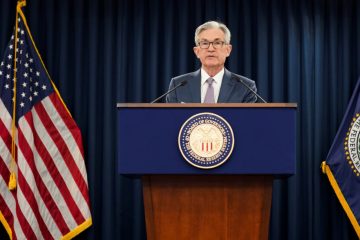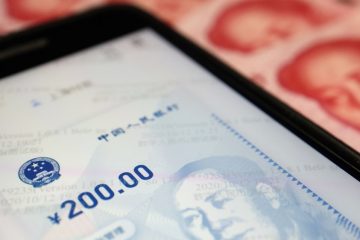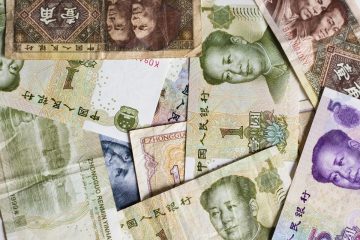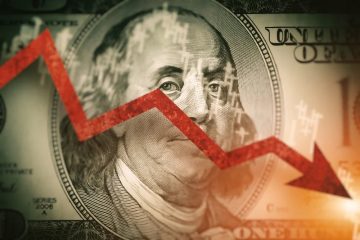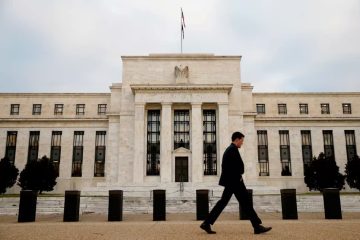Yen and yuan suffer as Fed eyes faster hikes

The dollar was headed for its seventh consecutive weekly gain on the yen on Friday and its best one-week rise on China’s yuan in more than two years as higher U.S. yields hoist the greenback.
China is easing monetary policy and Japan is pinning its government bond yields near zero, while overnight Federal Reserve Chairman Jerome Powell said a 50 basis-point rate hike was on the table at the next meeting in two weeks.
The remark, though more or less in line with market expectations, sent five-year U.S. yields above 3% for the first time since 2018 and unwound a bounce in the euro.
The euro last bought $1.0837 and is not far above a two-year low, even though markets are starting to price in higher rates — with German two-year yields hitting an eight-year high overnight.
The yen is down 1.6% for the week and last traded at 128.44 to the dollar, just above Wednesday’s 20-year low of 129.43. The U.S. dollar index held above 100 at 100.61.
The yuan has tumbled through its 200-day moving average this week and made a fresh seven-month low of 6.4830 in offshore trade early in the session.
“The (swaps) market has now priced in 146 basis points of tightening for the next three (Fed) policy meetings,” said Commonwealth Bank of Australia analyst Carol Kong.
“The dollar may receive further support from safe haven demand today if the April PMIs generate market concerns about the global growth outlook,” she added, referring to purchasing managers index figures due in Europe and the United States.
Growth worries have capped gains in oil prices lately and along with concern about the economic damage from lockdowns in China were a drag on commodity currencies overnight.
The Australian dollar fell 1% on Thursday and was hovering around its 50-day moving average at $0.7363 in morning trade. The New Zealand dollar had also dropped 1% overnight and inched lower to $0.6723 on Friday.
Japan’s Finance Minister Shunichi Suzuki said on Friday that recent drops in the yen were “sharp,” and his remark seemed to cap yen losses even though he added he didn’t voice concern about it in a meeting with U.S. Treasury Secretary Janet Yellen.
Japan’s core consumer prices rose at the fastest pace in more than two years in March, raising a risk that policymakers might try and strengthen the currency in order to relieve households squeezed by higher energy and imported food costs.
Sterling hovered at $1.3022.


